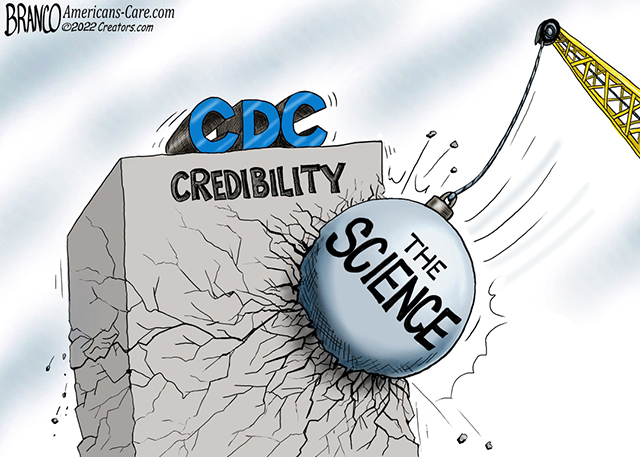Remember when Pfizer paid out $2.3 billion to settle the largest healthcare fraud case in history?
01/05/2021 / By Ethan Huff

As millions of eligible Americans rush out to get vaccinated with Pfizer’s new Wuhan coronavirus (COVID-19) vaccine, it is important to remind everyone that back in 2009, Pfizer was forced to pay a whopping $2.3 billion settlement in what quickly became the largest healthcare fraud case in history.
In order to resolve criminal and civil liability charges stemming from its illegal promotion of various pharmaceutical drugs, Pfizer Inc. subsidiary Pharmacia & Upjohn Company Inc. agreed to fork over this large sum of cash, which despite its lofty amount was still less than the untold billions the company raked in from committing the now-settled crimes.
As part of the case, Pfizer pleaded guilty to misbranding an anti-inflammatory drug known as Bextra for the intended purpose of defrauding and misleading customers. Pfizer illegally marketed Bextra for uses and at dosages that the Food and Drug Administration (FDA) had specifically declined to approve due to safety concerns.
Pfizer consequently paid a criminal fine of $1.195 billion, the largest criminal fine ever imposed in the United States for any matter. Pfizer was also forced to forfeit another $105 million, resulting in a total criminal resolution of $1.3 billion. Bextra was later pulled from the market in 2005.
In addition to this, Pfizer also agreed to pay another $1 billion to resolve allegations that it illegally promoted three other drugs besides Bextra:
• Geodon, an anti-psychotic pharmaceutical
• Zyvox, an antibiotic pharmaceutical, and
• Lyrica, an anti-epileptic pharmaceutical

Pfizer not only illegally marketed these drugs, but it also submitted false claims to government health care programs that cited uses for them that were never medically accepted under the law, and thus did not qualify for reimbursement.
This same civil settlement also resolved allegations that Pfizer paid kickbacks to various health care providers to spur them to prescribe these and other drugs illicitly. All in all, the case represents the largest civil fraud settlement against a pharmaceutical company in history.
Pfizer developed COVID-19 vaccine in “just a few hours” on Jan. 25
As part of the massive settlement, Pfizer also agreed to join on to an expansive corporate integrity agreement with the Office of Inspector General (OIG), which is part of the Department of Health and Human Services (HHS).
The stated purpose of this integrity agreement was to ensure that nothing like what was dealt with in the case ever happened again at Pfizer. This turned out to be a failure, though, as the company several years later was forced to pay out yet another settlement in a separate illegal bribery case.
It would seem as though Pfizer just cannot operate with any type of integrity or honesty, and yet this is one of the companies that was chosen as part of President Donald Trump’s “Operation Warp Speed” program aimed at delivering fast-tracked China virus vaccines to the public.
Keep in mind that Dr. Ugur Sahin of BioNTech, Pfizer’s plandemic partner, says he developed Pfizer’s WuFlu vaccine in just a few hours on Jan. 25, 2020. Based on the company’s track record of criminality, would you trust an alleged vaccine that was produced this quickly?
“No other vaccine in history has been created and manufactured so quickly,” reports Great Game India. “Previously, the fastest vaccine ever developed took more than four years.”
Pfizer’s warp speed COVID-19 vaccine reportedly killed at least six people during human clinical trials, while also causing Tiffany Dover, a Tennessee nurse, to collapse during a live interview. It is claimed that Dover survived, but her lack of social media activity since the incident would seem to suggest otherwise.
More related news about Wuhan coronavirus (COVID-19) vaccines can be found at Pandemic.news.
Sources for this article include:
Submit a correction >>
Tagged Under:
Bextra, covid-19, Criminal, defraud, FDA, Food and Drug Administration, fraud, Geodon, healthcare fraud, Illegal, kickbacks, Lyrica, misbrand, Pfizer, pharmaceuticals, Pharmacia & Upjohn Company Inc., settlement, vaccine, Zyvox
This article may contain statements that reflect the opinion of the author





















